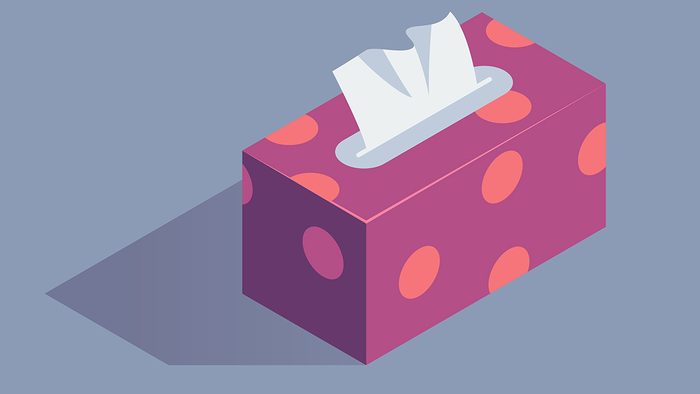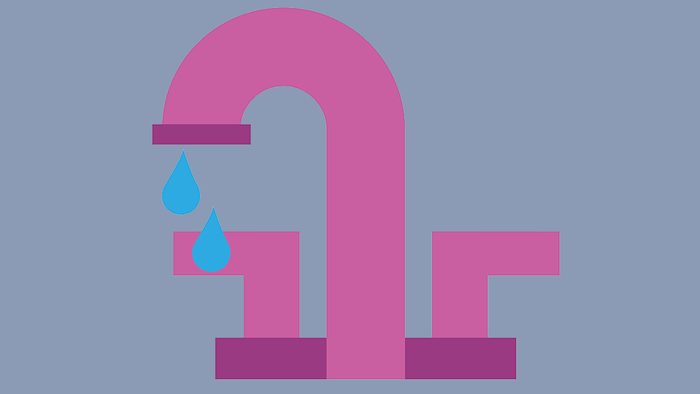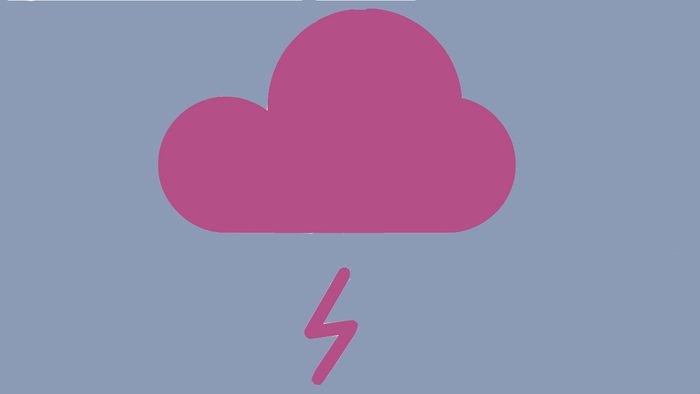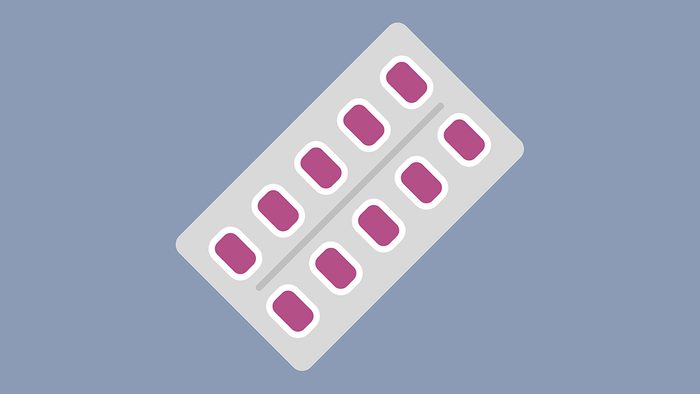
Get relief from your cold symptoms
Cold symptoms are the worst, aren’t they? Your throat is scratchy, your nose is raw and your head feels like a lead balloon.
So, what can you take to help you deal with your cold? Today, experts agree that focusing on individual symptoms offers the safest and best relief for adults.
“It’s not a good idea to take multi-symptom products; it’s too complicated to know what is helping and what is causing adverse effects,” says Dr. Jim Wright, a professor in the anesthesiology, pharmacology and therapeutics department at the University of British Columbia.
Narrow down your list of cold symptoms to the one or two that bother you most, and treat only those, says Jeff Taylor, an associate professor of pharmacy at the University of Saskatchewan.
Then ask your pharmacist for a product that has what you need (a decongestant and a painkiller, for example). You can pass on medications with what you can do without (like a cough suppressant or antihistamine).
Newer, “non-drowsy” antihistamines don’t seem to be proven for drying up a cold-related runny nose, explains Taylor.
Be aware that a 15-study review found no good evidence of the effectiveness of over-the-counter (OTC) cough preparations. And cough suppressants could encourage an infection if they stop phlegm from being coughed up, says Shelley Woloshyn, a pharmacist and owner of Broadway Pharmacy in Saskatoon. New warnings about the use of cold and cough products for children have surfaced, too. Honey may be an effective treatment for cough, according to researchers at Pennsylvania State University.
The good news is, you can find OTC relief for those other nagging symptoms. Read on to find out what our experts recommend for the symptoms you are experiencing.

Cold symptoms: runny nose
Consider: Products containing first-generation antihistamines with chlorpheniramine, such as Chlor-Tripolon Day and Night, Benylin Cold & Sinus Plus, Advil Cold & Sinus Plus or Tylenol Allergy Sinus.
How they work: Antihistamines block histamine 1 receptors, thereby preventing symptoms like a runny nose and drying up existing mucus. That blocking action also has a mild sedative effect on the brain, whether you’re using a daytime or nighttime formula.
Need to know: Be careful of taking these if you will need to do something that requires you to stay alert. Don’t combine with other sedatives such as alcohol or sleeping pills, or anything with warnings on the label about driving. ‘The elderly are more susceptible to sedation and delirium associated with these drugs,’ says Wright. Remember, too, that newer ‘non-drowsy’ antihistamines such as loratidine (Claritin) or cetirizine (Reactine) won’t work for colds because they focus on allergy-related histamine release, says Taylor.

Cold symptoms: sinus pain/headache
Consider: A product with acetaminophen or ibuprofen, plus a decongestant, such as Tylenol Sinus Daytime, Advil Cold & Sinus, Sudafed Sinus Advance or Dristan Cold Non-Drowsy.
How they work: The decongestant drains the sinuses. The analgesic deals with the headache and sinus pain while reducing sinus inflammation, which also facilitates drainage, says Woloshyn.
Need to know: Ibuprofen should be taken with care by people with high blood pressure or stomach problems.
How much medication should you take? This is what a neurologist says to take.

Cold symptoms: stuffy nose
Consider: A decongestant such as Sudafed, Entex LA, Dristan or Otrivin.
How they work: Decongestants act by constricting blood vessels. Some are available in tablets, which contain the active ingredients pseudoephedrine or phenylephrine, while others come in nasal spray formulations with xylometazoline or oxymetazoline.
Need to know: Sprays make the most sense, in Taylor’s opinion, because they work directly where you need them. People with high blood pressure, diabetes or some types of glaucoma shouldn’t take oral decongestants, but they can take Aerius (an antihistamine with decongestant properties) instead, says Woloshyn. Spray decongestants can cause rebound congestion, so limit your use to three days maximum.

Take these cold medications safely
The goal is to get over your cold faster. None of these medications is innocuous and, in large doses, they can have serious side effects. Ask your pharmacist about the safest choice. Some drugs, even if they are OTC, can seriously affect the kidneys, liver and heart, as well as affecting medical conditions such as asthma, diabetes or high blood pressure, says pharmacist Shelley Woloshyn. People on medication or with a medical condition should consult a doctor or pharmacist each time they choose an OTC remedy. And don’t give any cold medication to children without consulting your doctor or pharmacist first.
Not a cold? Here is what you need to know about allergy meds.
Don’t miss out! Sign up for our free weekly newsletter and get nutritious recipes, healthy weight-loss tips, easy ways to stay in shape and all the health news you need, delivered straight to your inbox.
